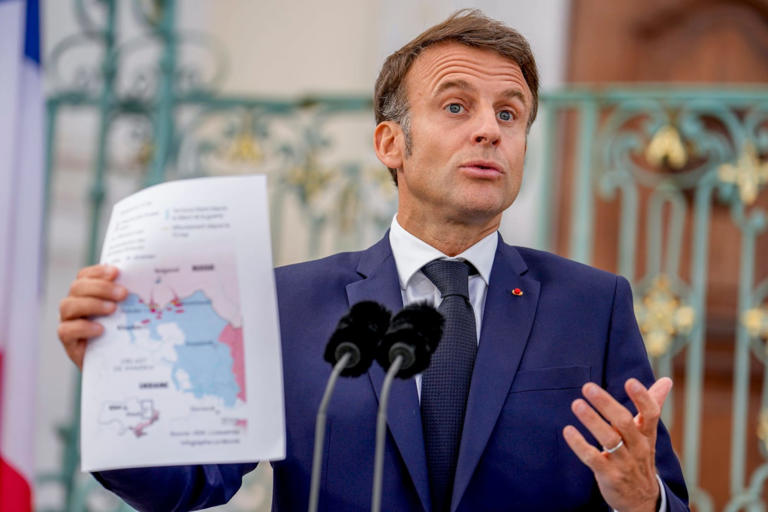
Our Correspondent | Africa Guardian
French President Emmanuel Macron’s recent remarks on Africa have sparked outrage, with Senegal and Chad criticizing his comments suggesting African nations owe their sovereignty to French military presence.
In a speech on January 6, 2025, during the Conference of Ambassadors at the Elysée Palace, Macron claimed that Sahel nations, battling extremism and civil unrest, owe their sovereignty to French forces. He also downplayed the expulsions of French troops from the region, which includes several nations south of the Sahara Desert.
Macron stated, “We had a security relationship… someone forgot to say thank you. It does not matter, it will come with time. Ingratitude, I am well placed to know, is a disease not transmissible to man. None of them would be today with a sovereign country if the French army had not deployed in this region.”
In response, Chad’s Foreign Minister Abderaman Koulamallah condemned Macron’s words, calling them contemptuous of Africa. “French leaders must learn to respect the African people,” Koulamallah said.
Senegal’s Prime Minister Ousmane Sonko also criticized France, pointing to its role in destabilizing countries like Libya, which he said had disastrous consequences for regional security. “France has neither the capacity nor the legitimacy to ensure Africa’s security and sovereignty,” Sonko stated.
Declining French Influence in Africa
France has been involved in the Sahel region since 2013 through Operation Barkhane, aimed at countering terrorism. However, the operation has faced growing resistance, with many local populations questioning France’s role.
Several African nations, including Chad, Senegal, and Ivory Coast, have ended security agreements with France. Countries like Mali, Burkina Faso, and Niger have gone further, expelling French forces after recent coups.
This shift is largely fueled by accusations of neo-colonialism, with many former French colonies seeking new partnerships, particularly with Russia. This marks a significant decline in France’s military influence in Africa.
___
